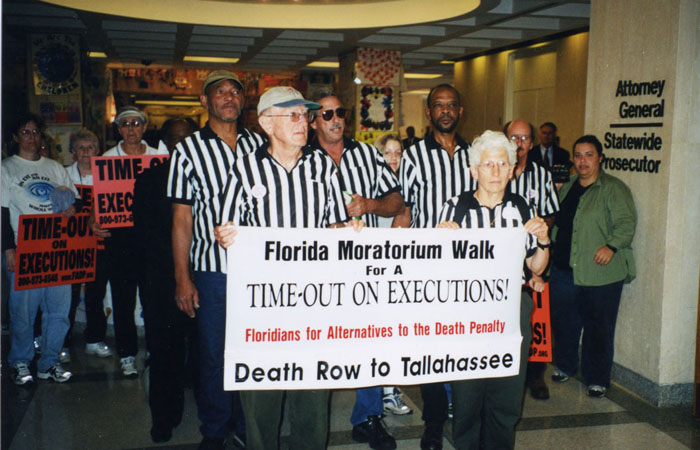Legal Records, 1974-1991 3.8 cubic ft.
This series contains legal records that are mostly official court proceedings of the Alvin Ford cases covering a period of seventeen years. These cases include State of Florida v. Ford: 1974, which covers the original trial court proceedings. Later cases that bear the same style relate to later attempts of Ford on a motion for post conviction relief and stay of execution in 1981 and a second attempt in 1987. Ford v. State of Florida:1975-1988, Ford v. Strickland et al.: 1981-1984, Ford v. Wainwright: 1981-1988, and Ford v. Dugger: 1986-1991 all represent the trial cases Ford's attorneys filed against a succession of superintendents of the Florida State Prison and secretaries of the Department of Corrections. Other proceedings include multiple trials, pleas, motions, hearings, testimonies, and appeals. Other legal records are background studies on Ford that include detailed psychiatric evaluations, medical and prison records, case summaries, and undated notes by Laurin Wollan.
